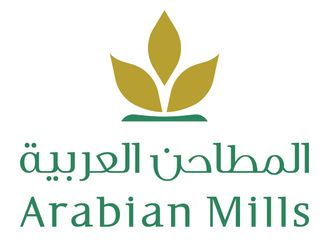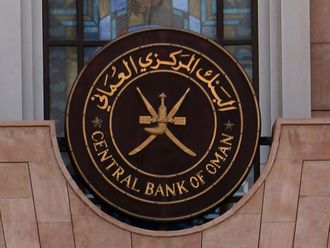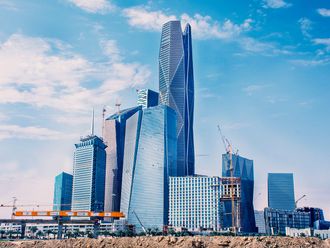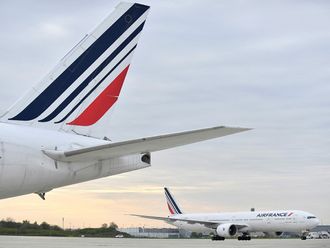Melbourne : World meat prices are likely to keep rising as demand increases amid reduced supply, a Rabobank Groep NV analyst said after a United Nations' Food and Agriculture Organisation gauge showed values at a 20-year high.
"Now that you are having a modest improvement in demand around the world off the back of the global financial crisis, this tightening of supply is really starting to hit home," Wendy Voss, a senior analyst with Rabobank in Melbourne said.
The US beef-cow herd fell to the smallest level in 37 years in July as farmers reduced numbers after feed costs increased and demand declined during the worst global recession since the Second World War. Pork-belly prices in Chicago reached a record last month as demand expanded amid depleted inventories after hog producers slashed herds.
"Given that it takes a while to build up herds once they have been eroded, you are going to be facing reasonably high prices for meat for a few years yet," Voss said.
Cattle futures traded at 97.625 cents a pound on the Chicago Mercantile Exchange at 6.27pm, Melbourne time. Prices reached a two-year high of $1.00075 (Dh3.67515) on August 24.
The FAO's meat price index, which includes products from poultry, pigs, cattle and sheep, rose to 138.7 in August.
Meat production across a range of countries was curbed in the past few years by rising costs as grain and fertiliser prices gained, and as a result of other issues including land-use pressures and government policies, Voss said.
Herd rebuilding in Australia may cut beef exports by five per cent in 2009-2010, the government's commodity forecaster said in its June quarterly report.
The US beef-breeding herd totaled 31.7 million head as of July 1, down 1.6 per cent from a year earlier, the US Department of Agriculture said on July 23.












